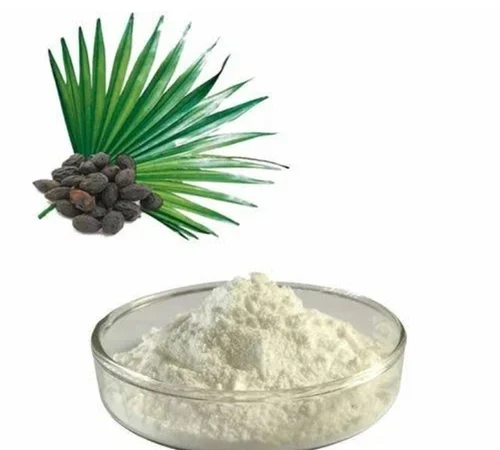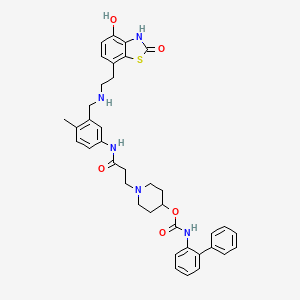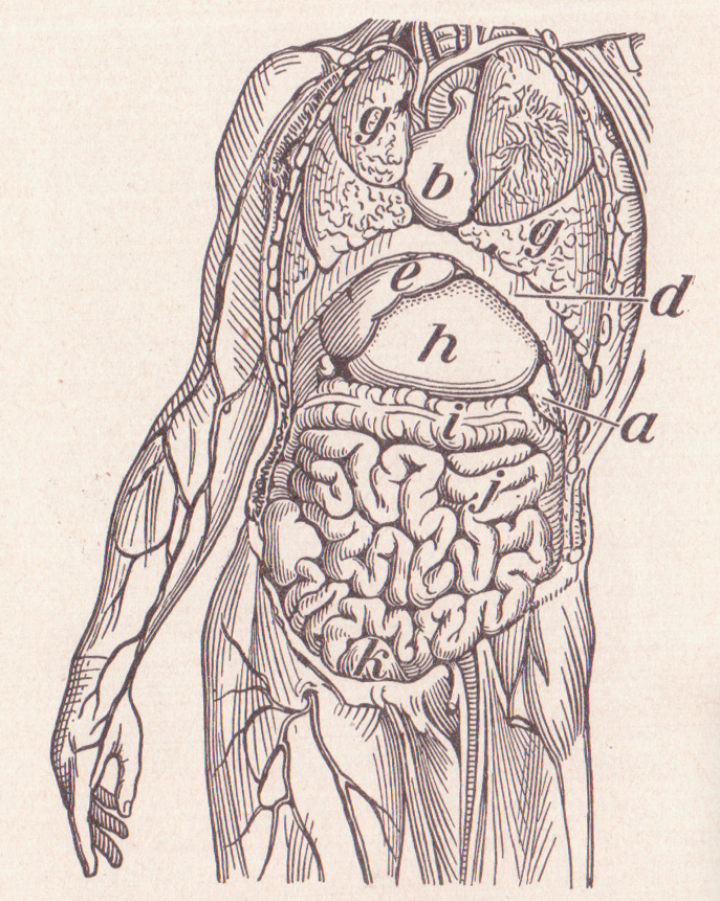|
Name: Fatty Acids and Phytosterols
Type: Nutritional supplement
AKA: Saw Palmetto, Serenoa

|
|
II. Natural Derivative

|
|
III. Chemical Profile (IUPAC name)

|
|
IV. History
Fatty acids and phytosterols have been used in traditional medicine and dietary supplements for centuries. They are valued for their health benefits, including reducing cholesterol levels and improving cardiovascular health. Their use in health and wellness continues to be significant.

|
|
V. Legal Information
Fatty acids and phytosterols are generally recognized as safe (GRAS) and widely available in foods and dietary supplements. They are not controlled substances and are legally used in various health products globally. Regulatory agencies like the FDA monitor their safety, ensuring they meet health standards. Trends indicate ongoing acceptance and use in promoting cardiovascular health and other benefits.
Key US Federal Policies:
Saw Palmetto supplements are regulated by the FDA as dietary supplements. They must meet standards for labeling, purity, and safety.
|
|
VI. Physical Effects
Fatty acids and phytosterols are dietary compounds beneficial for cardiovascular health. Fatty acids, such as omega-3s, support heart health, while phytosterols help reduce cholesterol levels. Generally, they are well-tolerated and have minimal adverse effects. Short-term use is beneficial for heart health, with long-term use being safe for most individuals. Overdose risks are low, though excessive intake may cause digestive upset. Safe use involves balanced consumption. Recent research supports their health benefits and highlights their low risk profile.  |
|
VII. Psychological Effects
These substances are involved in brain health and may influence mood and cognition. Deficiencies can lead to mood disorders and cognitive impairments. Research highlights their role in maintaining mental health and potential benefits for mood stabilization.
 |
|
VIII. Culture
Fatty acids and phytosterols are compounds found in various foods and supplements. Their cultural significance is tied to their role in promoting heart health and reducing cholesterol levels. Media coverage often highlights their benefits for cardiovascular health and their use in dietary supplements. These substances are used both in dietary contexts and for medicinal purposes, contributing to discussions about nutrition and health.
 |
